MOM investigates alleged misuse of Training Employment Pass scheme
Singapore’s Ministry of Manpower (MOM) has launched probes into alleged abuses of the Training Employment Pass (TEP) after reports that foreign workers were misled into taking low-wage jobs under false pretences.
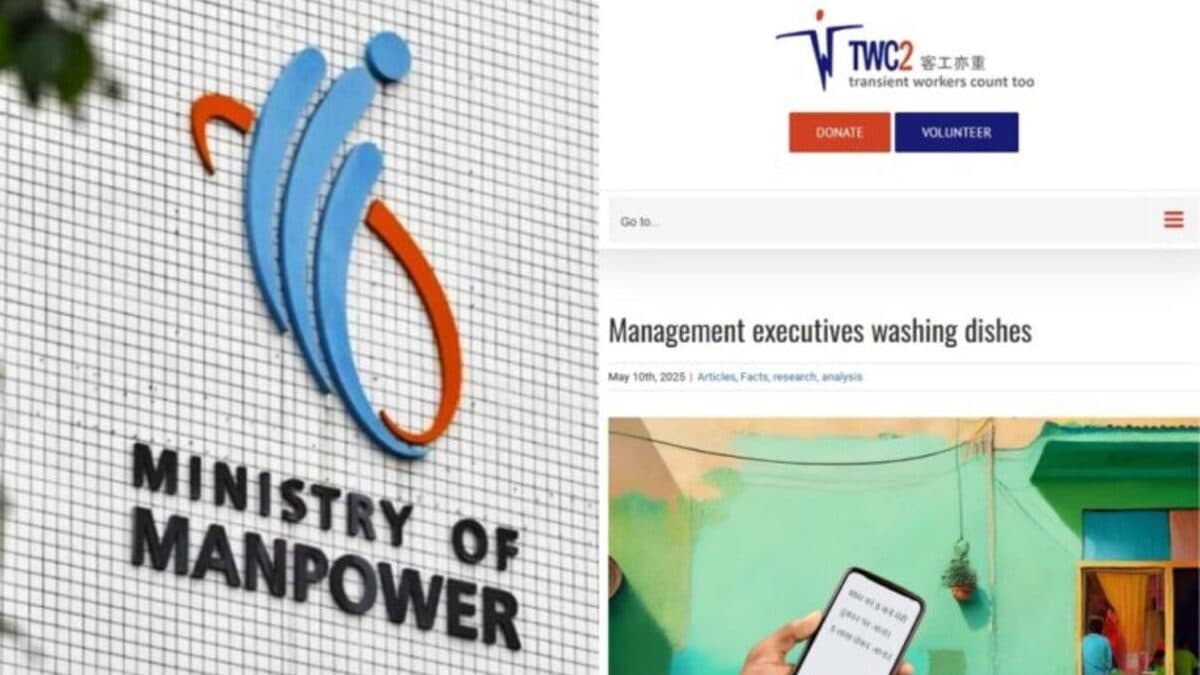
- MOM confirms investigations into alleged abuse of Training Employment Pass (TEP) scheme.
- TEP allows short-term traineeships for foreign students or staff of overseas subsidiaries.
- NGO TWC2 reported 13 cases of misuse since Dec 2024 – mostly workers from India, Bangladesh, Myanmar.
- Workers allegedly misled into low-wage jobs despite S$3,000 minimum salary requirement.
- Complaints include false job titles, delayed pass issuance, underpayment, and excessive hours.
- TWC2 warns of exploitation of regulatory loopholes and calls for tighter MOM enforcement.
SINGAPORE – The Ministry of Manpower (MOM) has launched investigations into allegations that the Training Employment Pass (TEP) has been misused by some companies to skirt Singapore’s foreign manpower rules.
In response to queries from CNA, the ministry said it “takes these claims seriously” and confirmed that probes are underway. Several cases have already been concluded, although MOM declined to disclose the outcomes, citing ongoing related inquiries.
The TEP scheme was introduced to allow foreign students and corporate trainees to gain short-term exposure in Singapore. Passes are valid for up to three months and are meant to support training in professional, managerial, executive, or specialist roles. To qualify, applicants must either be enrolled in a recognised educational institution or earn a minimum monthly salary of S$3,000. Companies can also bring in trainees from their overseas subsidiaries under the scheme. MOM said that additional checks and audits are carried out on selected applications, including requests for documentation of training programmes and evidence of links to foreign offices.
However, the scheme has come under scrutiny after Transient Workers Count Too (TWC2), a migrant worker advocacy group, flagged what it described as a surge in exploitation cases. In a report released in May 2025, titled Management executives washing dishes, the group detailed 13 cases of alleged TEP misuse between 1 December 2024 and 26 April 2025. According to the group, it had “never before seen so many workers on this kind of work pass in such a short time.”
The cases involved six workers from India, six from Bangladesh and one from Myanmar. TWC2 said many were persuaded to pay agent fees of between S$3,000 and S$5,000 for what they believed would be legitimate training opportunities in Singapore. Instead, when they arrived, they were deployed to work in food and beverage outlets, warehouses, cleaning services, and even tour coach agencies. Some reported being made to work 14-hour days, seven days a week, often even before their passes had been officially issued.
Documents seen by the NGO suggested discrepancies between what was promised and what was delivered. In-Principle Approval letters frequently described roles such as “management executive,” while in reality, the tasks involved dishwashing, moving heavy goods or other manual labour. Employers were also accused of deliberately delaying the issuance of the official TEP by up to a month, allowing them to extract as much as four months of work from a three-month visa.
Despite regulations requiring a fixed salary of at least S$3,000, many workers said they received only S$1,600 to S$1,800 in cash. With their legal status framed as trainees rather than employees, they lacked the protections extended to Work Permit holders. Employers are not legally obliged to provide housing, food allowances or even cover repatriation costs once the training ends. This left the affected individuals with little recourse when faced with underpayment, long hours or other exploitative practices.
TWC2 also warned that workers may unknowingly face legal risks themselves. The group said some had been shocked to discover that false documents, such as fabricated educational qualifications, may have been submitted on their behalf. Others had unknowingly signed digital declarations without realising the content. Many only discovered these issues when their passes neared expiry and promised renewals failed to materialise, by which point they were already struggling with unpaid wages and debt from recruitment fees.
According to the NGO, the root problem lies in the regulatory design of the TEP. Unlike Work Permits, the scheme is not subject to foreign worker levies or quota restrictions, making it a more flexible and cost-effective option for employers. With no obligation to cover healthcare, housing or other welfare provisions, the TEP can be misused as a loophole, TWC2 argued, allowing unscrupulous firms to cut costs while shifting the burden onto vulnerable workers.
In light of these findings, TWC2 has called on MOM to intensify its scrutiny of applications and enforce stricter oversight of employers. In particular, it urged closer checks on whether job descriptions match the actual duties performed. Without enforcement, the NGO warned, the system risks being further abused, undermining Singapore’s foreign manpower framework and potentially harming the country’s international reputation as a fair and rules-based economy.
MOM has said it will take firm action against any employer found to be misusing the scheme. Potential penalties include financial sanctions, suspension of work pass privileges and, in severe cases, prosecution. Workers affected by such practices have been encouraged to approach the ministry directly.


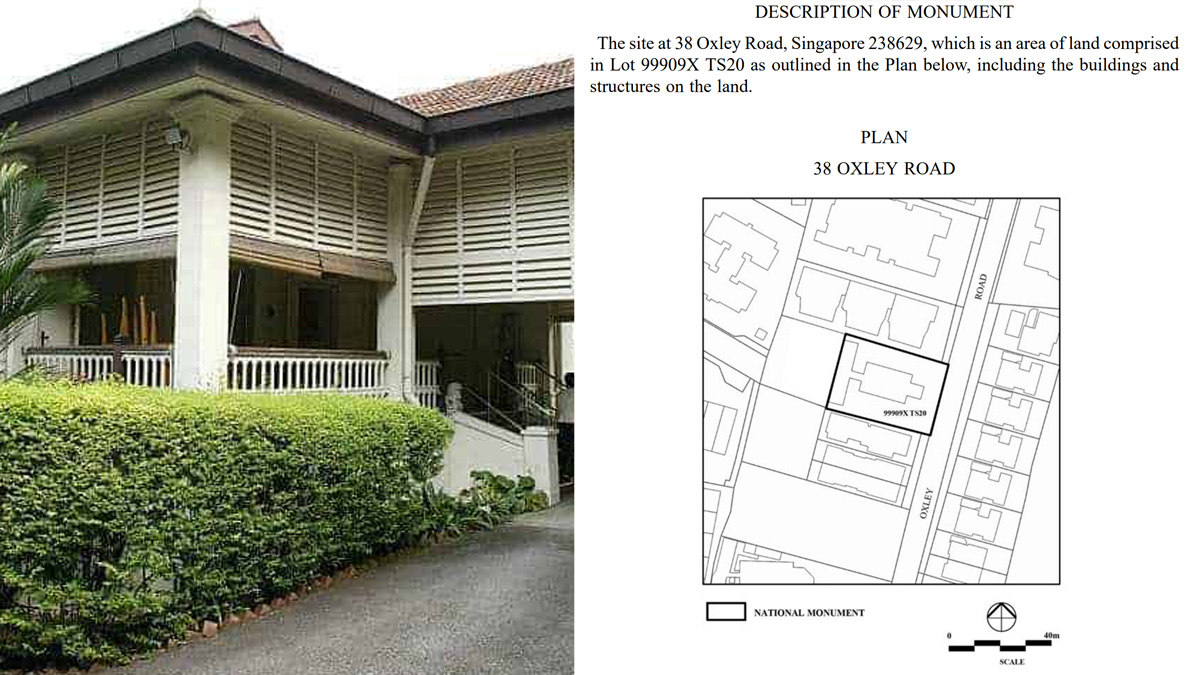
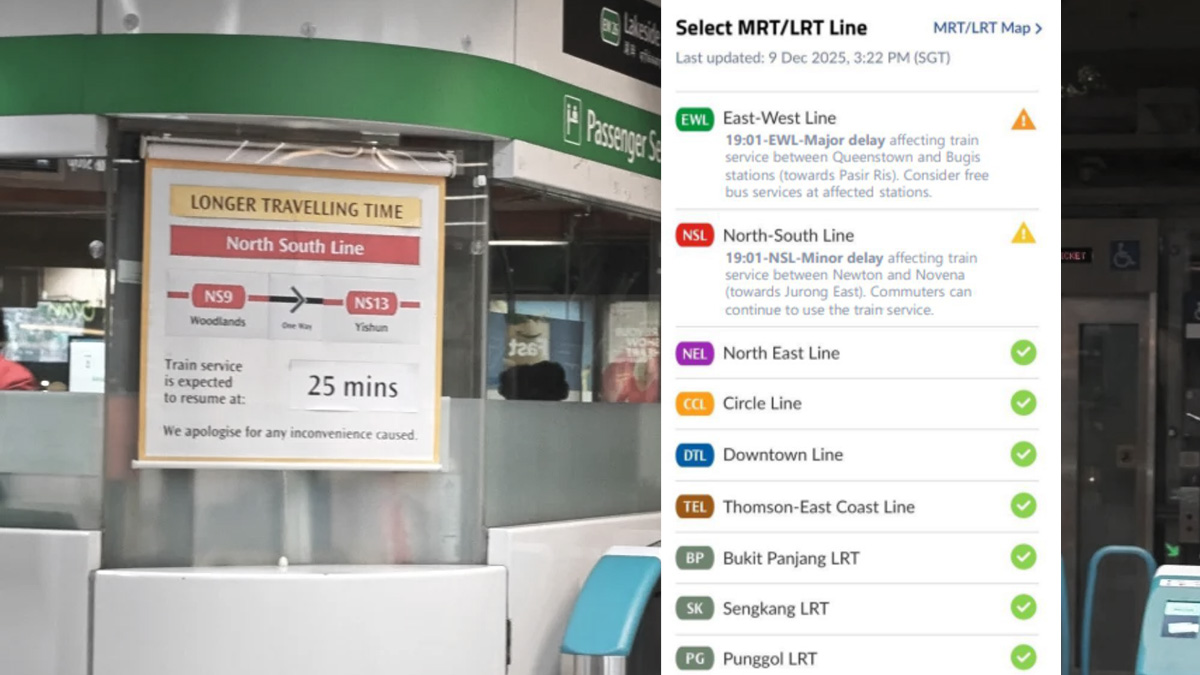
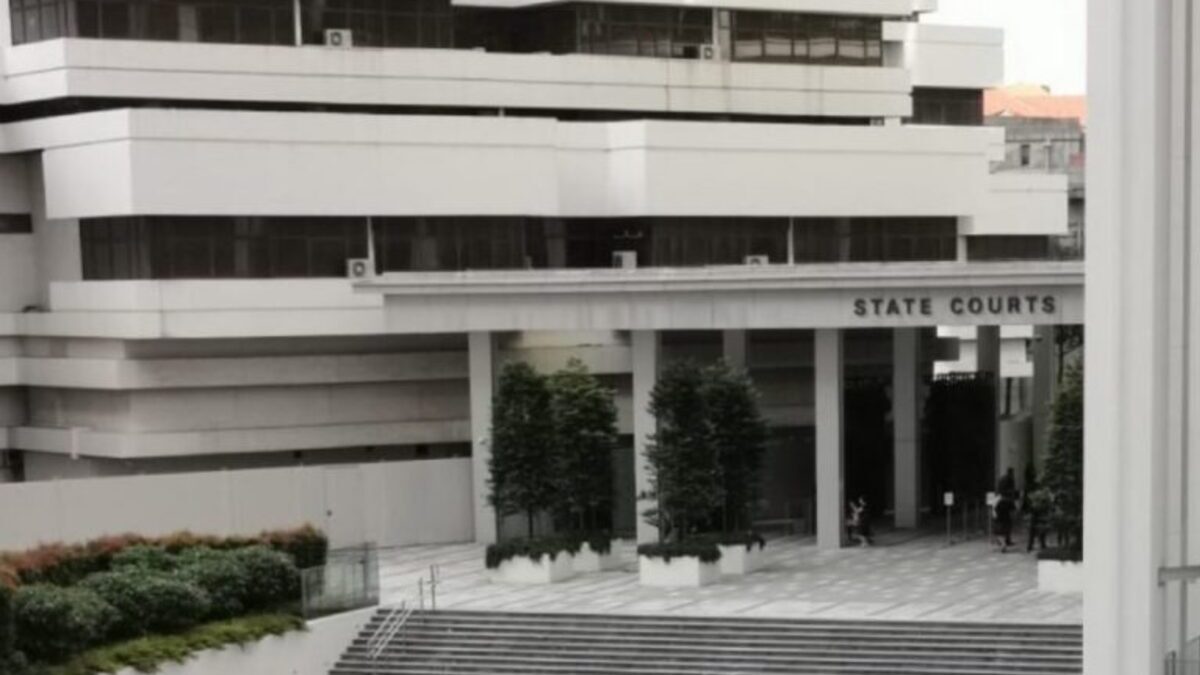
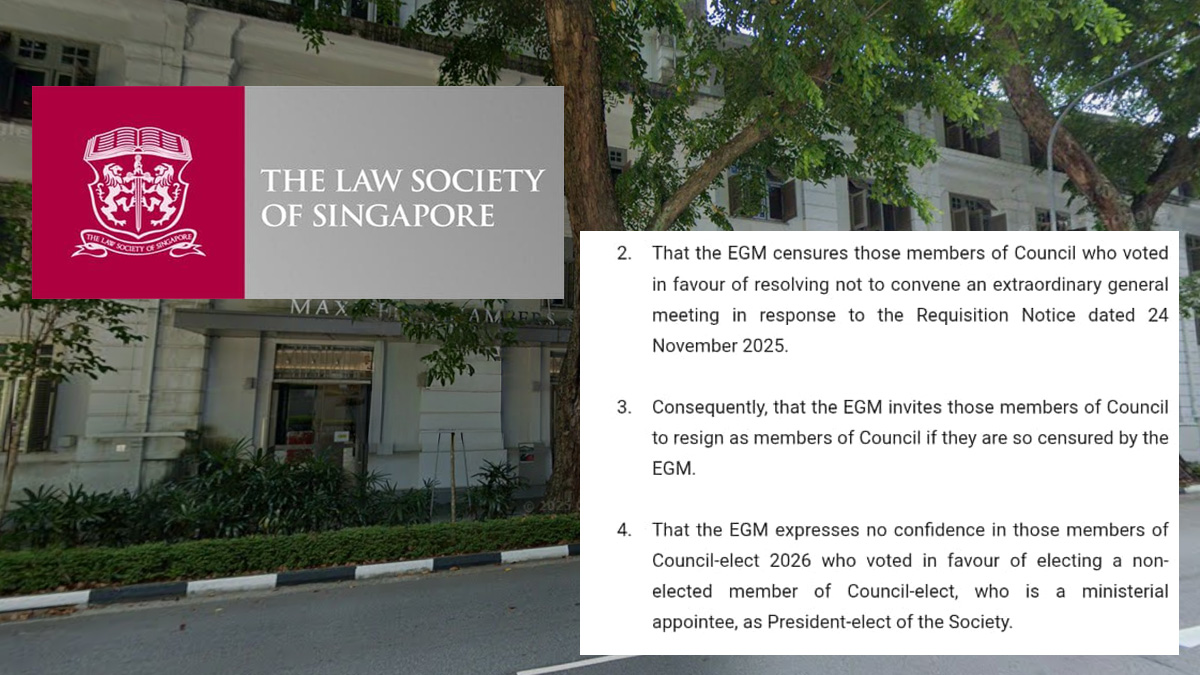


0 Comments